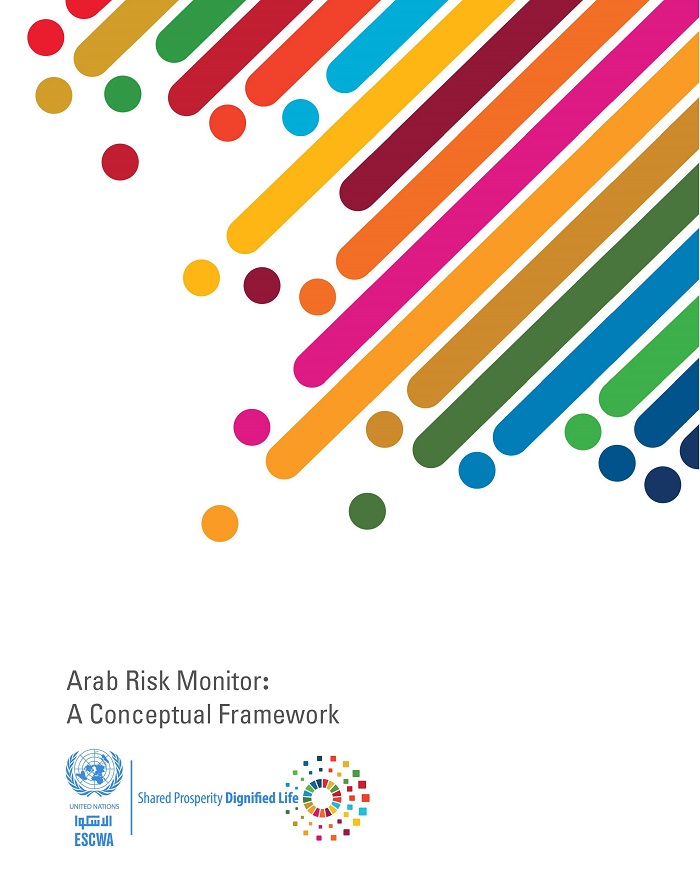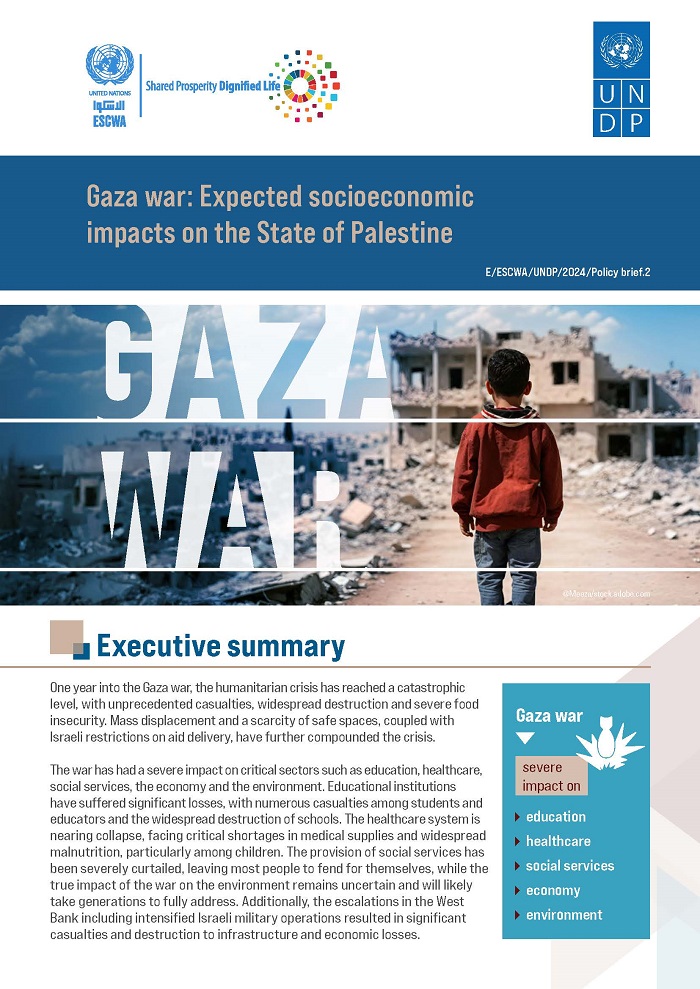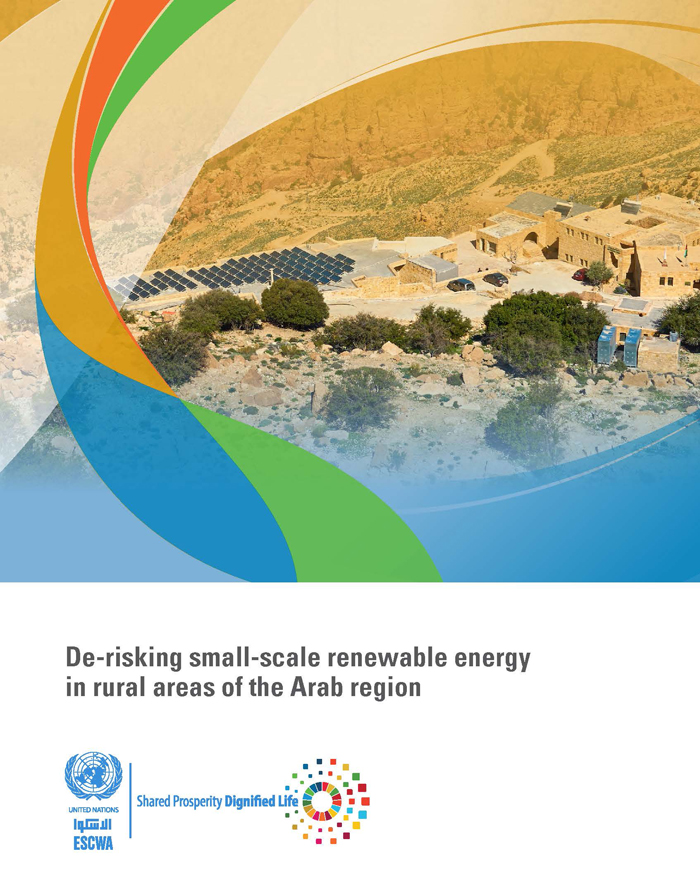
ESCWA Publication: E/ESCWA/CL6.GCP/2023/TP.2
Country: Arab region
Publication Type: Information material
Cluster: Governance and Conflict Prevention
Focus Area: Climate change, Governance & enabling environment
Initiatives: Climate Resilience through Regional Cooperation, Monitoring Sustainable Development Goal Data, Governance and institution building
SDGs: Agenda 2030
Keywords: Risk management, Conflict, Climate change, Violence, Factor analysis, Armed conflicts, Economic crisis, Risk assessment
Arab Risk Monitor: a conceptual framework
March 2023
The Arab region has been the scene of much of the world’s deadliest episodes of violence. As conflicts continue to impact the region, the ramifications on people and societies, compounded by external shocks, further exacerbate vulnerability. These growing human and economic costs of conflict have accelerated momentum for the international community to focus on prevention.
The main goal of this paper is to propose an action-oriented conceptual framework to assess the risk of conflict, crisis and instability in the Arab region. Drawing upon decades of empirical literature on drivers and predictors of conflict or fatal political violence, the proposed framework identifies three “risk pathways” that are associated with a greater risk of crisis and instability in the Arab region. The rationale and justification for each component is discussed with an overview of appropriate literature, as well as its relevance in the regional context. The framework is action-oriented as it distinguishes between “structural” risk factors over which a country can exercise limited control, and “policy-driven” factors that can be mitigated, thereby allowing decision makers to effectively tailor response and prevention.
Related content
Climate change
, Governance & enabling environment
,
The Arab region has been the scene of much of the world’s deadliest episodes of violence. As conflicts continue to impact the region, the ramifications on people and societies, compounded by external shocks, further exacerbate vulnerability. These growing human and economic costs of conflict have accelerated momentum for the international community to focus on prevention.
The main goal of this paper is to propose an action-oriented conceptual framework to assess the risk of conflict, crisis and instability in the Arab region. Drawing upon decades of empirical literature on drivers and predictors of conflict or fatal political violence, the proposed framework identifies three “risk pathways” that are associated with a greater risk of crisis and instability in the Arab region. The rationale and justification for each component is discussed with an overview of appropriate literature, as well as its relevance in the regional context. The framework is action-oriented as it distinguishes between “structural” risk factors over which a country can exercise limited control, and “policy-driven” factors that can be mitigated, thereby allowing decision makers to effectively tailor response and prevention.



